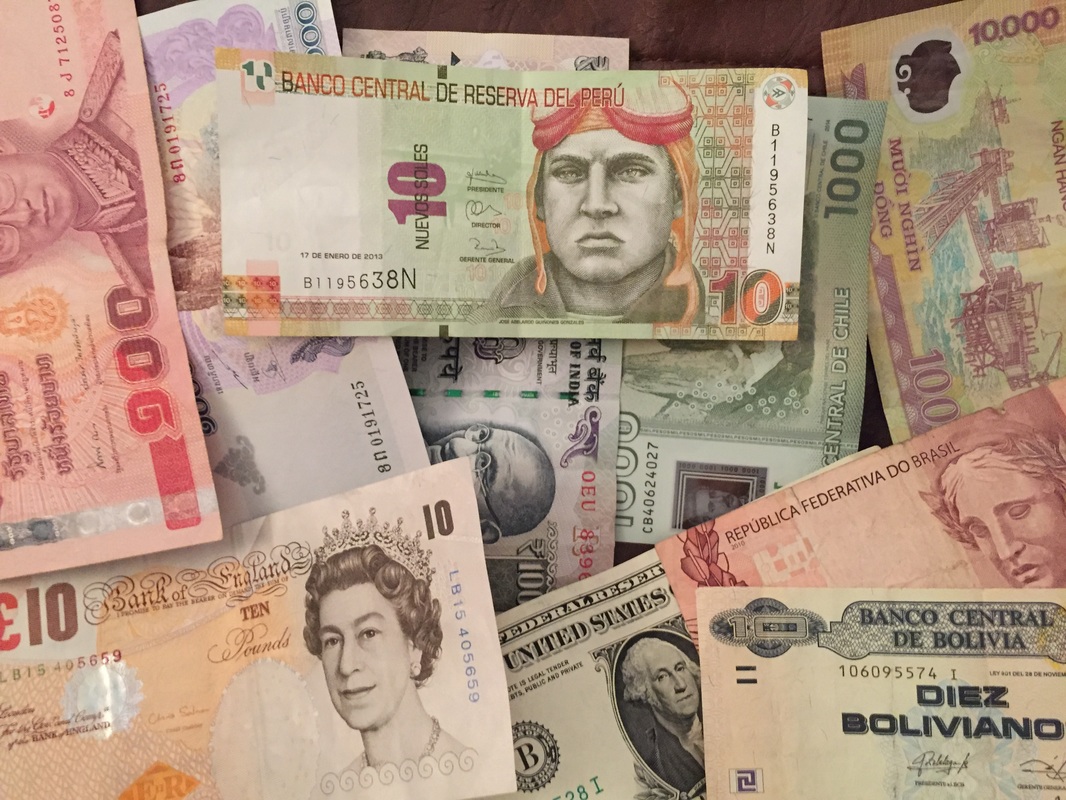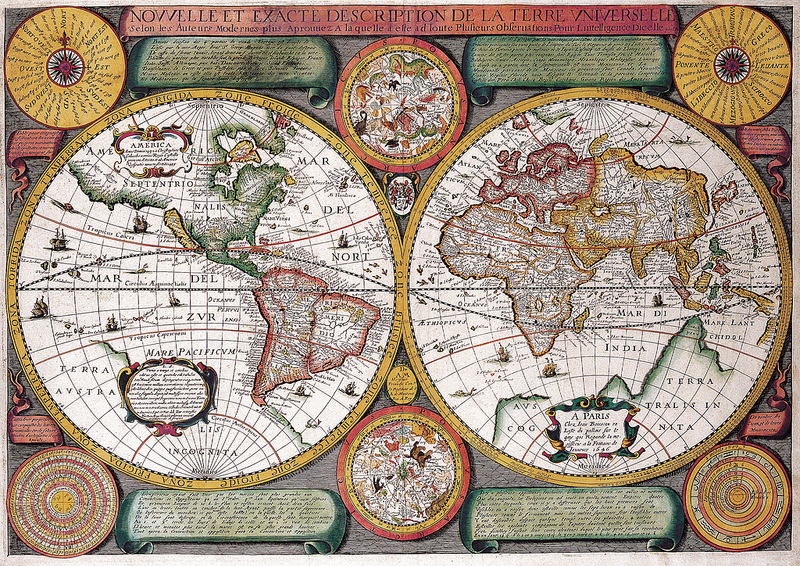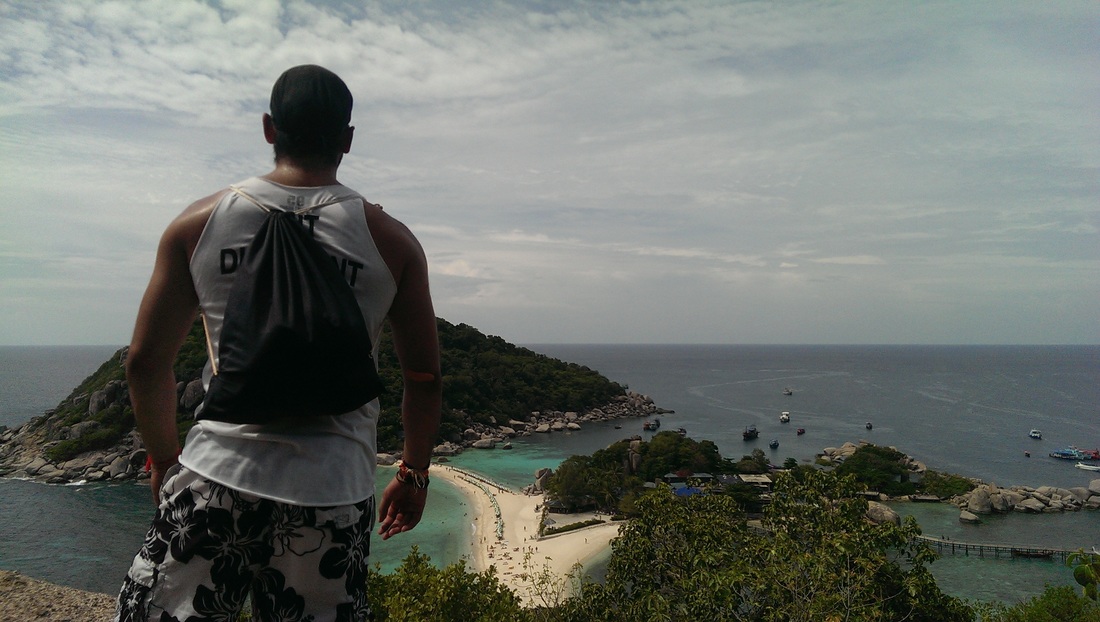Young, broke but full of energyThat pretty much describes me after leaving university. I had taken, lets say, a scenic route through university, so I came out of the other side with a nice little degree but absolutely no money and a lot of debt. Even worse, my mom had given some jewellery as collateral to a local pawn shop that my dad had left her in order to pay for my Masters degree. Coming from a (first world) poor single parent household, my first course of action was to take any job and make sure we brought back the jewellery as I know it had a lot of sentimental value to my mom. My friends, at this point were into their European holidays phase, but with no money there were a couple of trips I missed out on. Thankfully I managed to get a good job (after a few not so good ones) and once I had paid my mom I began saving for my first big adventure. I found out, very quickly, I could make travelling as cheap, or as expensive as I wanted. It depends on where you are goingThere are some parts of the world that will inevitably be cheaper than others. Sure, it costs less to fly to Rome than it does to Bangkok, but if you are spending any significant period of time abroad, the cost of living will very quickly mean a trip around Europe becomes more expensive than a trip around South East Asia. India and South East Asia in particular are incredibly cheap when you are out there. You can stay in hostels for the equivalent of £4 a night and some of them are not so bad at all. If you like your own space, even a standard room in a three star hotel doesn't usually cost much more than £25 a night, a reasonable amount if you want to avoid hostels. I would say, however, if you are staying for any period of time, using AirBnB, or staying in hostels isn't such a bad shout. Not only do you save a lot of money, but you can also meet a lot of new people too. Some hostels also have female only dorms which are very popular. Food in Asia is incredibly cheap and you can have a good meal for under £5. This rises for South America where a meal in a restaurant will set you back just over £5 (and even more in Brazil). In continental Europe this rises again, but by far the most I found myself paying for food was in Canada, Dubai and Singapore where the cost is the same and some cases higher than the UK. It depends on how you travelFirst class tickets to Hanoi and then flights to surrounding areas will obviously set you back a fair bit. However, if you book in advance you can always pick up good offers online. The cost of flying has fallen significantly over the past couple of decades, and a flight to Lima, or Ho Chi Minh City is today a fraction of what it once was. Once you get there, why fly everywhere? If you have the time, its cheaper to catch a local bus or coach between cities (and even countries) than it is to fly. In some locations this is ideal. In fact, I managed to get a bus from Vietnam, through Cambodia all the way to Bangkok. It was a fantastic way of exploring the three different countries. I also caught a bus from Bolivia to Chile and had I more time I would have done the same from Peru to Bolivia. In some locations, the distance is too great to travel and its understandable. From Chile to Brazil, I had no other option. In India, however, to travel from north to south, a plane isn't always the answer, you can always catch trains which are priced cheaper and give you more of a flavour of the local culture. I did the same in Thailand, instead of flying to Chiang Mai, I took a mixture of trains and buses and I wouldn't have seen some of the beauty of rural northern Thailand had I take another option. This is also true for continental Europe. As one contiguous landmass, its possible to drive through France, Belgium, Germany - all the way to central and southern Europe. I have previously taken a coach to the aforementioned three countries and its must cheaper than flying. However, petrol prices can be quite expensive, and if you are tight on time, Inter-rail tickets through Europe are always a good option. It depends on how long you go forThis might seem straight forward but its not. Its obvious that the longer you stay somewhere, the total amount you spend will increase, however, your cost per good/service will decrease as you figure out the cheapest places to eat, travel and stay. When I was first in Rio, I was spending a lot of money on food as I hadn't quite figured out where the cheap areas or the good food was. After a day or so a local took me to a buffet place where the food was ridiculously cheap, in fact, Thai levels of cheap. That ended up saving me a lot of money for the rest of the time I was in Brazil. Your haggling skills and confidence will also increase with time, so whereas at the start you might be unsure about how far you can push your luck, after a few weeks you will be able to get deals on most things (although less so in Europe and North America). It's not what you know, it's who you knowIt's a horrible cliche but its true for travelling. One of the main reasons I saved money in different places was either by getting to know locals, or by having friends I already knew in certain places. When I went to Thailand, I had a local show me the best places to eat, have fun and shop. The same was true in Lima and Rio. In Koh Samui I already had a friend out there who again, having lived there for a while knew all the best places. I had similar experiences in Santiago, Toronto and Singapore. You can save money on accommodation but also food and drink. The best thing is, the more you travel, the more connections you make and the cheaper future travel plans become. Don't listen to othersI should add the world "all the time". My friends gave me a lot of useful advice, a couple had already made it out to SE Asia, one of whom had done it on his own. They all reported back about the amazing sights, the people and most of all how it was a life changing experience. However, one thing you need to bare in mind is that not everyone has the same style of travel. My friends had stayed in hotels, eaten quite well and booked tour groups in advance. This meant they spent a lot of money, even though they stayed in SE Asia for a significantly less time. An easy way to save money is to book any tours whilst you are abroad as (a) these are inevitably cheaper, and (b) you can always haggle. Another way is to avoid currency exchange in airports. For more my full range of travel tips, read my entry here. Why 'YOLO' is falseThe 'you only live once' philosophy that our generation seems to love is a good way to do things out of your comfort zone and try new activities and see new places, however its not a good way to base your life decisions. Travelling is fantastic when you are young and I definitely recommend it for everyone but you first need to make sure your future is secure. Never borrow money to travel, never duck away from other responsibilities to travel, because eventually you will come back and have those same problems waiting on your doorstep. I made sure I was financially secure first before I set off and that took a couple of years of hard work. Do you need money?Unfortunately, the answer is yes. Unless you are lucky enough to come from a family where that money is available (there's nothing wrong with that), its important to save some money. In some parts of the world you can actually do both. You can head to Australia for a year and get work in many different sectors, mainly agriculture, earn money, meet new people and see a beautiful part of the world. You can also teach abroad, my friend taught in both Thailand and Chile and through that managed to see two very different parts of the world over a two year period.
If you want to know how much money you need to travel to different countries, read my entries on the costs to Thailand, South East Asia, Spain and South America Comments are closed.
|
AuthorBritish Sikh, born in the Midlands, based in London, travelling the world seeing new cultures. Categories
All
|




 RSS Feed
RSS Feed